More than 4,300 mail ballot applications are under scrutiny across 14 counties in Pennsylvania.
These challenges target individuals who forwarded their mail without updating voter registration and U.S. citizens overseas who, under federal law, are limited to voting in federal races, such as those for president and Congress.
Election officials will now have to decide on each voter's eligibility during hearings that could extend well past Election Day.
With Pennsylvania's 19 electoral votes in play, the contested ballots could significantly influence the tight race between Democratic nominee Cice President Kamala Harris and Republican candidate Donald Trump.
Chester County Commissioner Josh Maxwell, a Democrat, said people who had been challenged included active-duty military members, college students and people who left Pennsylvania seeking medical care.
"That is alarming to me that someone would take up such an approach to disenfranchise legitimate Pennsylvania voters," Maxwell said "I can't think of anything less American than that."
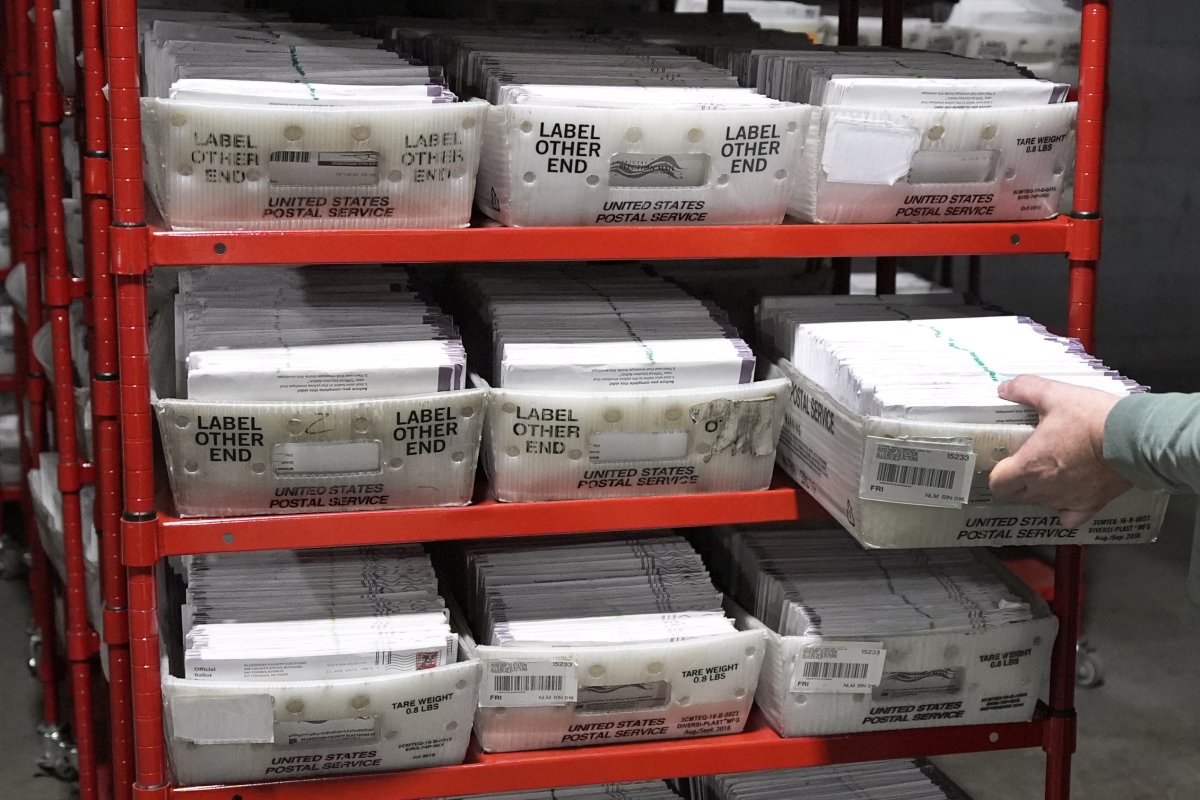
What Triggered the Challenges in Pennsylvania?
Pennsylvania has been labeled as the country's must-win state in order to claim presidential victory.
In recent years, the state's courts have addressed issues such as the necessity of handwritten dates on ballot envelopes and the procedures for "precanvassing" mail ballots before Election Day.
These newfound ballot challenges follow a federal court's recent rejection of a lawsuit by six Republican members of Congress.
The suit sought to impose stricter identity verification requirements on military and overseas voters. In Chester County, election officials rejected all ballot challenges in a Friday hearing after reviewing claims that voters had moved and neglected to update their voting location.
Maxwell noted that a letter had been sent alongside the challenges, including a registration cancellation form, which led some 2,300 voters to remove themselves from Pennsylvania's registration lists.
"The scary part was that they had sent this letter with a voter registration cancellation form and claimed they got 2,300 voters to cancel voter registration," he said.
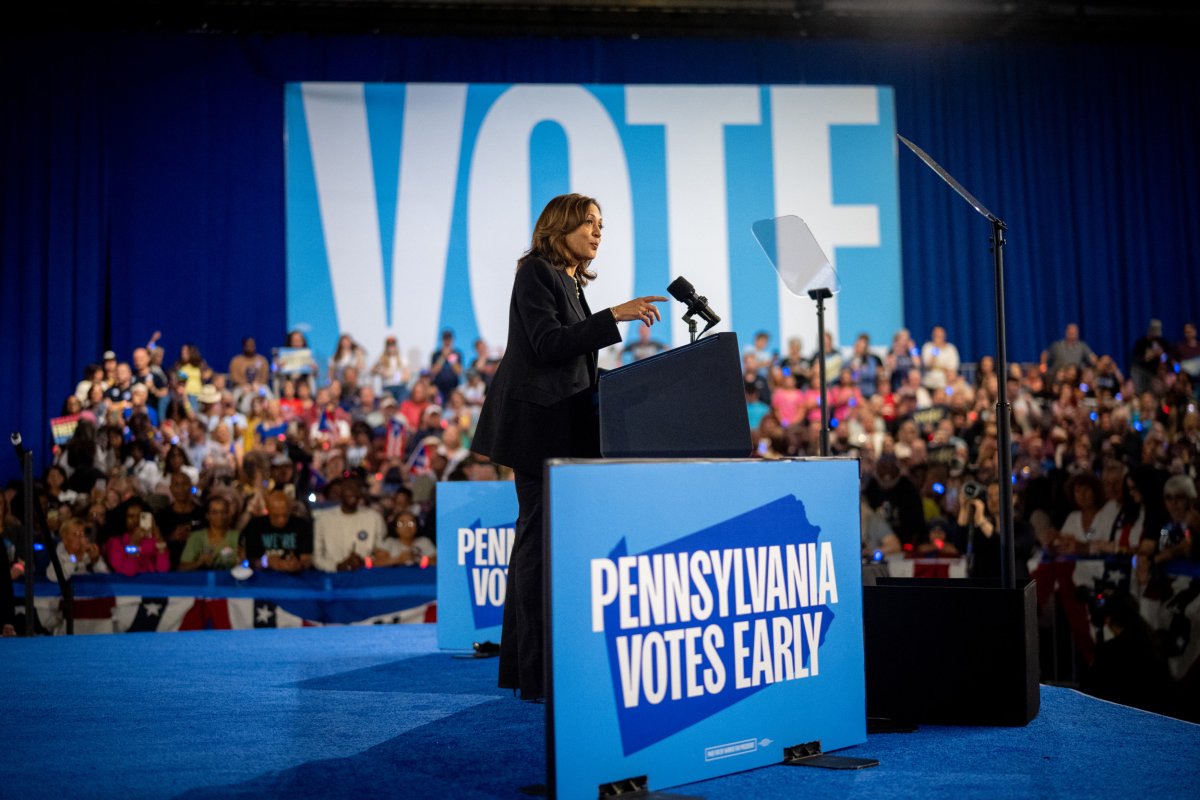
Who Filed the Challenges?
In Chester County, Diane Houser, a supporter of Trump, filed the challenges, describing them as "nonpartisan" efforts led by a grassroots network.
In York County, officials denied each challenge—354 in total—with Chief Clerk Greg Monskie confirming the board's decision to keep ballots separate in case of an appeal.
Karen DiSalvo, a lawyer connected to PA Fair Elections, a conservative organization, submitted 72 challenges in Lycoming County.
DiSalvo clarified that her challenges were independent of her affiliation with the group.
"The challenges submitted simply point out that the county election officials must properly process the voter registration applications that they already have for these applicants," DiSalvo wrote in an email, according to AP.
In Bucks County, where about 1,300 challenges were filed by Republican state Senator Jarrett Coleman, officials have scheduled a hearing to address the challenges on Thursday.
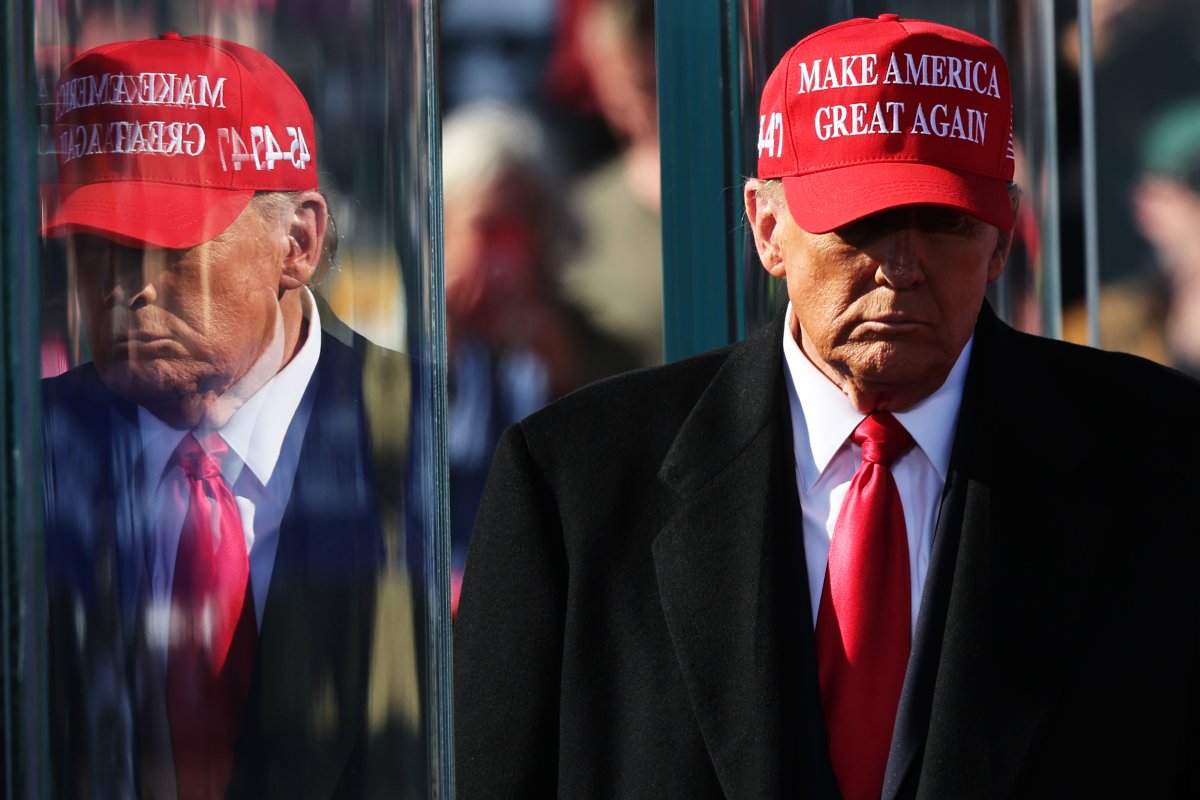
How Could This Affect Election Day?
The Pennsylvania Department of State reported over 3,700 pending challenges related to overseas voters across 10 counties.
Additionally, four counties face 363 challenges based on alleged address changes, with 212 cases in Chester County alone rejected or withdrawn.
During each hearing, officials will decide whether the ballots in question are valid or need to be excluded. The criteria will primarily focus on whether voters have correctly updated their registration or meet eligibility requirements for overseas voting.
Given Pennsylvania's significance as a swing state, the outcome of these challenges could influence the final vote count. This week's polls suggest a 50-50 split between Harris and Trump.
The votes will be segregated during the vote counting, said Bucks County governmental spokesman Jim O'Malley.
"We are doing our best to provide notice today to those voters and that notice will include information about how to contact the Board of Elections," O'Malley said in a statement.
Polls in Pennsylvania close at 8 p.m. local time. Precincts should start reporting initial numbers soon after, but it could take hours or even days to have the final results. Follow along with this article for the latest updates.
This article includes reporting from The Associated Press.




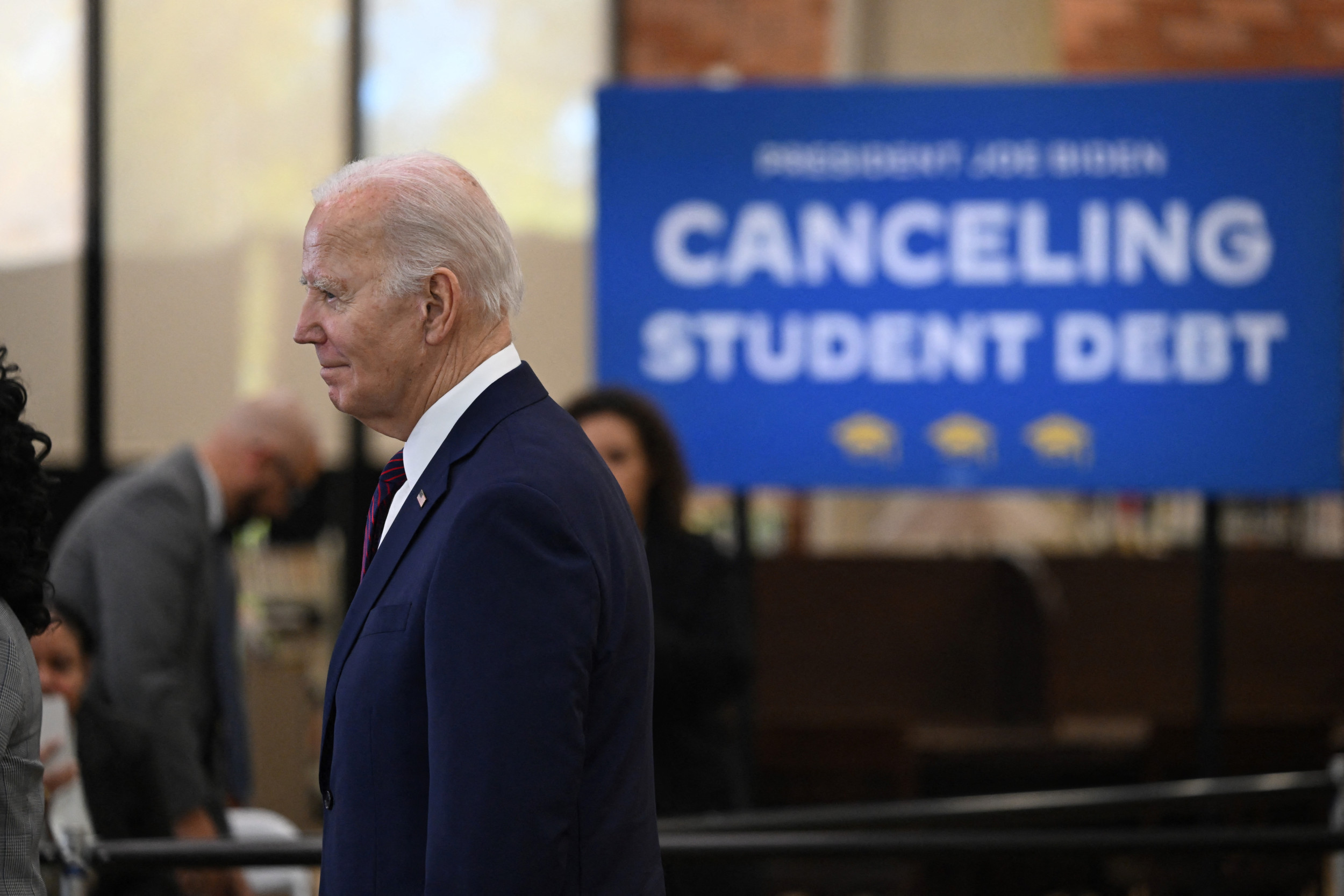





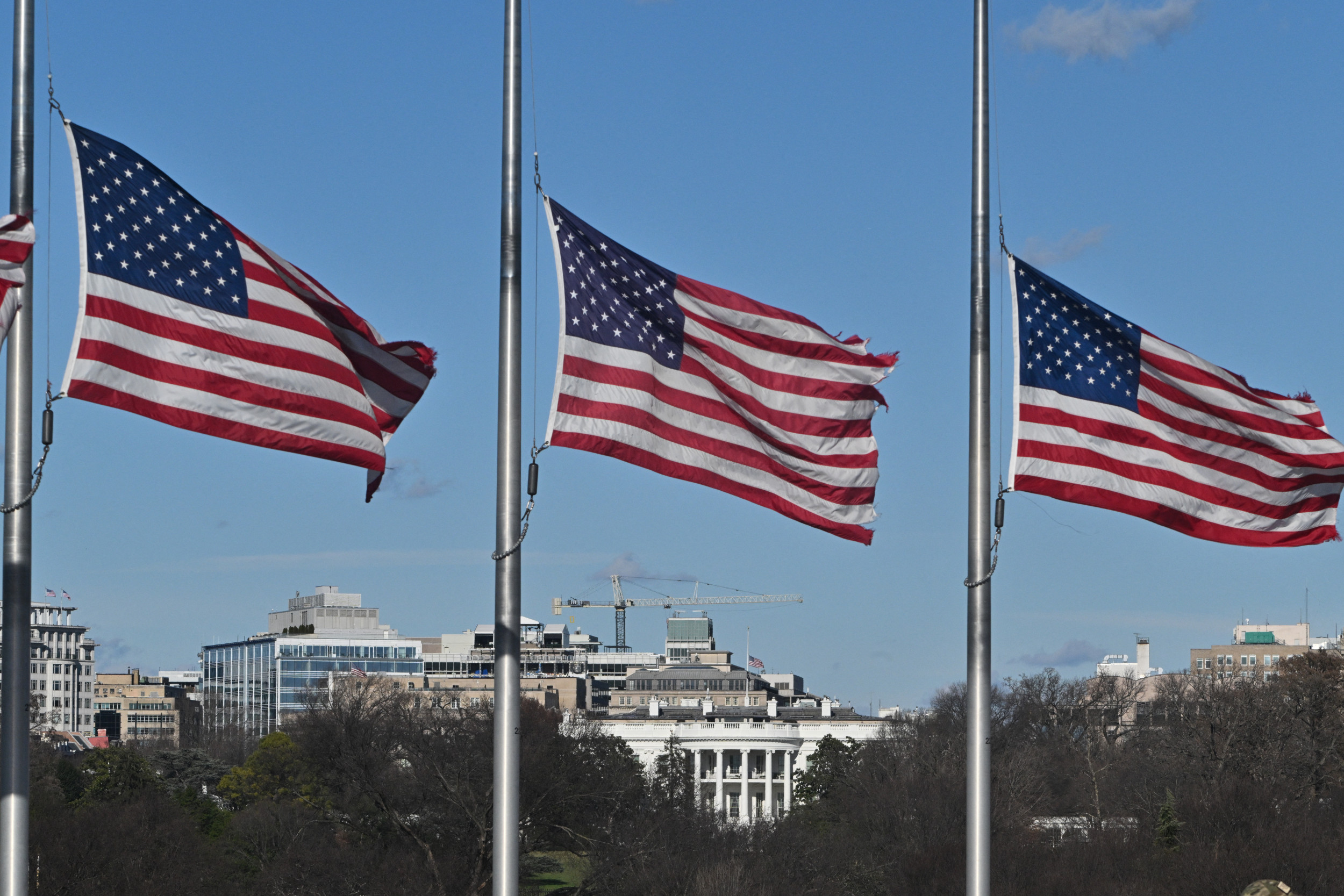








:quality(85):upscale()/2024/04/24/878/n/3019466/36c5693c662965c5d1ce91.72473705_.jpg)
 English (US) ·
English (US) ·